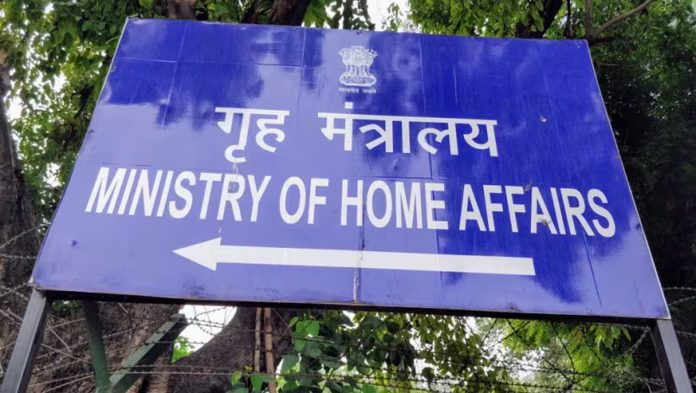NEW DELHI, July 26: The Union Home Ministry is gearing up to roll out the three new criminal laws from next week with 40 lakh grassroots level functionaries trained to ensure that people are aware about the legislations and the impact these will have on everyone, particularly women and children, official sources said Wednesday.
Over 5.65 lakh police, prison, forensics, judicial and prosecution officials have also been trained about the new laws — the Bharatiya Nyaya Sanhita 2023, Bharatiya Nagarik Suraksha Sanhita 2023 and Bharatiya Sakshya Adhiniyam 2023 — enacted last year.
These laws, which will come into effect from July 1, are set to replace the British-era Indian Penal Code, Code of Criminal Procedure and the Indian Evidence Act respectively.
As the new criminal laws laid emphasis on technology in investigation, trial and court proceedings, the National Crime Records Bureau (NCRB) has made 23 functional modifications in the existing Crime and Criminal Tracking Networks and Systems (CCTNS) application under which all cases are registered now in every police station in the country, the sources said.
The NCRB is also providing technical assistance to the states and Union territories for seamless transition to the new system.
Further, the NCRB formed 36 support teams and call centres for constant review and handholding of the states and Union territories for implementation of the new criminal laws.
For capacity building, Bureau of Police Research and Development (BPR&D) has developed training modules and shared with all the stakeholders.
The BPR&D also conducted 250 training courses, organised webinars and seminars in which 40,317 officers and personnel have been trained.
Under its handholding, the states and Union territories have also undertaken capacity building of 5,84,174, including 5,65,746 police officers and personnel from prison, forensics, judicial and prosecution, the sources said.
IGOT- Karmayogi Bharat and BPR&D are offering three training courses each on the new criminal laws for which 2,17,985 officials have enrolled so far.
In order to ensure that citizens are aware about the transformative reforms and the positive impact it will have on the citizens particularly women and children, the ministries of women and child development, rural development and panchayati raj have undertaken dissemination of the new laws through webinars in which nearly 40 lakh grassroots level functionaries participated, the sources said.
The Department of Legal Affairs has also organised four conferences in state capitals in which delegates from diverse array of fields, including the Chief Justice of India, judges of the Supreme Court and high courts and domain experts have taken part.
Under the guidance of Department of Higher Education, the UGC has circulated informative flyers on new laws to 1,200 universities and 40,000 colleges and AICTE to approximately 9,000 institutions for sensitisation among faculties and students about the new laws.
The National Informatics Centre (NIC) has developed Applications, eSakshya, NyayShruti & eSummon Apps, for facilitating videography and photography of crime scenes, judicial hearings and delivery court summons electronically under the new criminal laws.
In order to give wider publicity and spread awareness among the public about three new criminal laws, the Ministry of Information and Broadcasting has taken up various initiatives.
The Press Information Bureau (PIB) has conducted 17 nationwide ‘Vartalaps’, a media workshop, primarily with the regional media, in states capitals about the benefits of new criminal laws.
Public broadcasters Doordarshan and Akashvani have also organised special programmes across the country to highlight significant provisions and benefits of new laws.
MyGov has uploaded the informative flyers on the new criminal laws on MyGov social media handles and sent an e-mailer to over seven crore citizens on February 19 through eSampark.
The sources said the states and Union territories are fully geared up in terms of technology, capacity building and awareness generation to implement the new laws.
The legislations were passed by the Parliament in its winter session in 2023. They were assented to by the President and notified in the Gazette of India on December 25, 2023. (AGENCIES)


